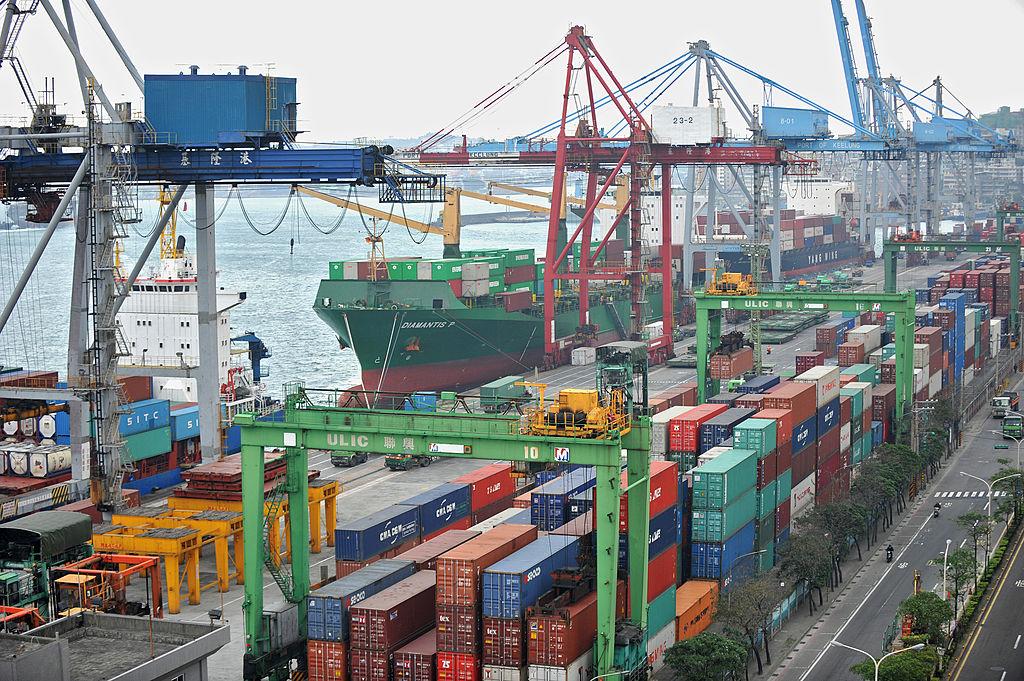TAIPEI, Taiwan—The Taiwanese government recently announced that it has taken up important measures to prevent the island from being used as an intermediate destination for illegal transshipment of Chinese-manufactured products.
Chinese exporters have previously engaged in transshipment, or disguising the true origin of goods by first transferring them to another country, via Southeast Asia in order to avoid paying U.S. tariffs imposed amid the U.S.–China trade row.





